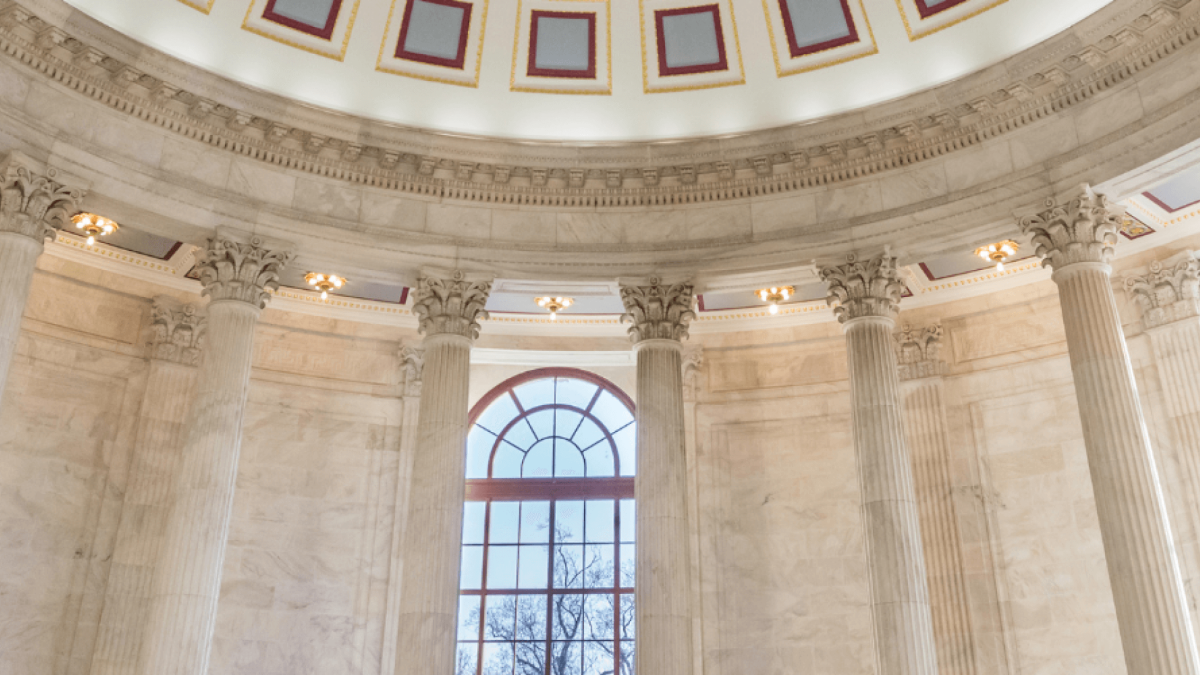Costa Slams Bill That Risks Farm Exports and Silences Valley PBS, KVPR
WASHINGTON – Congressman Jim Costa (CA-21) voted against H.R. 4 – Rescissions Act of 2025, which would revoke $9.8 billion in approved federal funding by Congress. The bill cuts global food aid programs that support U.S. farmers who export food, and it threatens public broadcasting relied on by millions of households.
“You don’t reduce the deficit by slashing programs that work—you do it by investing wisely and cutting where it counts,” said Costa.“While Republicans cheer $9.8 billion in so-called savings, their broader agenda balloons the deficit by $3 trillion. This bill would knee-cap tools to advance U.S. interests abroad, pull the rug out from under our farmers and silence trusted local news sources like Valley PBS and KVPR that our communities rely on.”
BACKGROUND
The Rescissions Act of 2025 is a legislative package introduced by the Trump Administration in partnership with Elon Musk’s Department of Government Efficiency (DOGE). It proposes to rescind $9.4 billion in federal funding already approved by Congress, using a rarely invoked process known as a budget rescission.
Under the Impoundment Control Act of 1974, the President may propose rescissions to cancel budget authority previously enacted by Congress. While the law provides this authority, rescission packages are rarely used and passed. Historically, Presidents from both parties have submitted rescission proposals, but Congress has only approved a handful of them.
Republicans are celebrating the $9.8 billion in proposed “savings,” yet their Big, Ugly Bill would add at least $3 trillion to our debt. This rescissions package seeks to rescind more than $8 billion for the U.S. Agency for International Development (USAID), which funds global food aid programs supporting market development for California farmers. These programs help purchase commodities like almonds, grapes, and citrus for export to address global hunger, which generates an estimated $2 billion in annual revenue for American agriculture, feeding the world while generating good will towards the United States.
In addition, it would rescind $1.1 billion for the Corporation for Public Broadcasting, of which roughly 70% of this funding sustains local NPR and PBS stations across America. This would impact Valley PBS and KVPR-Valley Public Radio, which provide trusted news, educational programming, and emergency information to families across the region.
